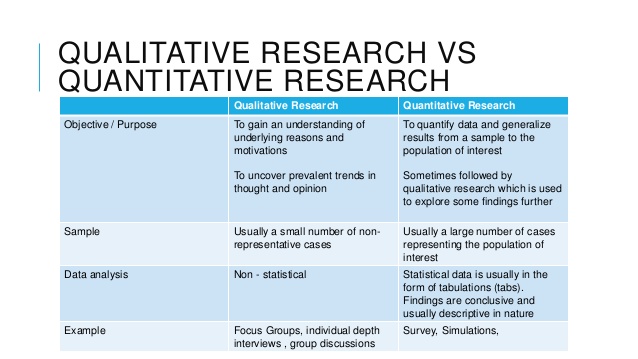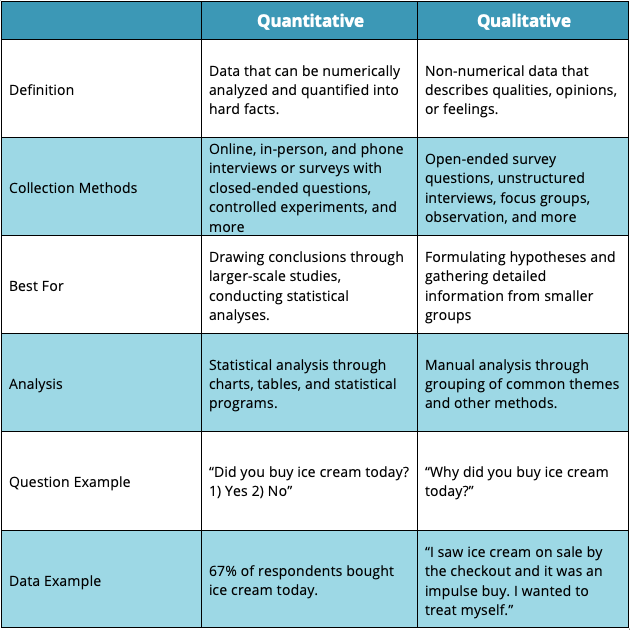
Inductive analysis - immersion in the details and specifics of the data to discover important patterns, themes, and inter-relationships begins by exploring, then confirming findings, guided by analytical principles rather than rules.Unique case orientation - assumes that each case is special and unique the first level of analysis is being true to, respecting, and capturing the details of the individual cases being studied cross-case analysis follows from and depends upon the quality of individual case studies.Dynamic systems - there is attention to process assumes change is ongoing, whether the focus is on an individual, an organization, a community, or an entire culture, therefore, the researcher is mindful of and attentive to system and situational dynamics.Empathic neutrality - an empathic stance in working with study respondents seeks vicarious understanding without judgment by showing openness, sensitivity, respect, awareness, and responsiveness in observation, it means being fully present.Personal experience and engagement - researcher has direct contact with and gets close to the people, situation, and phenomenon under investigation the researcher’s personal experiences and insights are an important part of the inquiry and critical to understanding the phenomenon.Data - observations yield a detailed, "thick description" interviews capture direct quotations about people’s personal perspectives and lived experiences often derived from carefully conducted case studies and review of material culture.That is, they offer useful manifestations of the phenomenon of interest sampling is aimed at insight about the phenomenon, not empirical generalization derived from a sample and applied to a population. Purposeful - cases for study are selected because they are “information rich” and illuminative.Emergent - acceptance of adapting inquiry as understanding deepens and/or situations change the researcher avoids rigid designs that eliminate responding to opportunities to pursue new paths of discovery as they emerge.Naturalistic - refers to studying real-world situations as they unfold naturally non-manipulative and non-controlling the researcher is open to whatever emerges.10.īelow are the three key elements that define a qualitative research study and the applied forms each take in the investigation of a research problem. “Introduction: The Discipline and Practice of Qualitative Research.” In The Sage Handbook of Qualitative Research.
#HOW TO WRITE QUALITATIVE DATA ANALYSIS METHODS HOW TO#
Qualitative forms of inquiry are considered by many social and behavioral scientists to be as much a perspective on how to approach investigating a research problem as it is a method.ĭenzin, Norman.



In contrast, quantitative studies emphasize the measurement and analysis of causal relationships between variables, not processes. They seek answers to questions that stress how social experience is created and given meaning.

Such researchers emphasize the value-laden nature of inquiry. Qualitative researchers stress the socially constructed nature of reality, the intimate relationship between the researcher and what is studied, and the situational constraints that shape inquiry. The word qualitative implies an emphasis on the qualities of entities and on processes and meanings that are not experimentally examined or measured in terms of quantity, amount, intensity, or frequency. Extending the Timeliness of a Topic Idea.


 0 kommentar(er)
0 kommentar(er)
